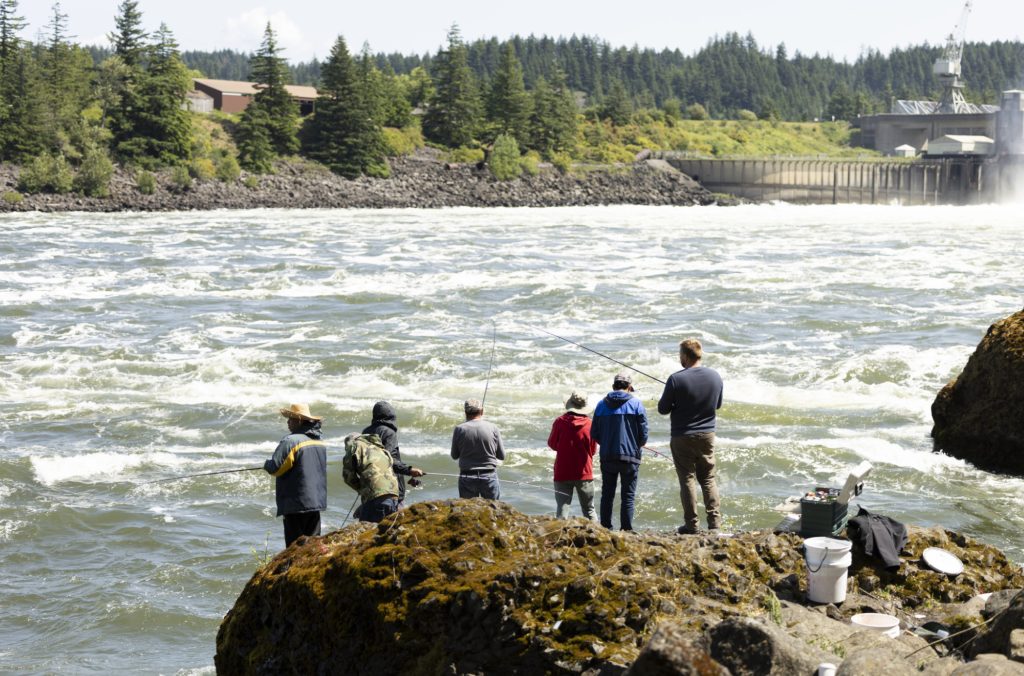Columbia Riverkeeper advocates for clean water
Every person has the right to eat Columbia River fish and shellfish without fear of toxic pollutants. Today, this is not a reality. We take polluters to court, expose threats to water and health, and fight alongside Tribes and impacted communities to hold governments accountable and protect clean water for all.
Current Campaigns

Prevent Pollution

Bonneville Dam Cleanup

Enforce the Law

Stop Oil Spills
The Problem
The Columbia River, and the communities that depend on it, face serious threats from toxic pollution.
Every day, thousands of pipes discharge toxic pollution from industry, cities, and dirty stormwater runoff. Pesticides and heavy metals enter the river from numerous and scattered sources, including agricultural runoff and through the air.
Why It Matters
Visit a popular fishing spot. On a sunny day, you’ll likely find dozens of people reeling in fish destined for the dinner table.
Unfortunately, industrial pollution dumped into the Columbia has a tragic impact on this food source: off-the-charts levels of toxic pollution including mercury and cancer-causing polychlorinated biphenyls (PCBs).
Studies of people who eat Columbia River fish have found that risks are particularly high for Indigenous people because they eat more locally-caught fish than non-Indigenous people.


